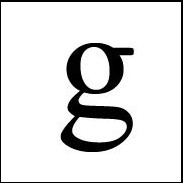Analyze, which is analyse outside the US, means to intently inspect an object or person. This inspection can be with the intent to discover, explain, quantify, or reveal. One can analyze a person, grammar, or any number of fields of study.
When someone, outside of the US, inspects something, he or she analyses it. The final syllable is pronounced the same way it is in the US (zehz).
An analysis is the process or outcome of analyzing, the process of inspecting something closely to discover more about it.
The plural for analysis is analyses. The final syllable is pronounced (seez).
Confusion between the two similarly-spelled words should be rare considering the sentence construction differences for a verb and a noun. Still, one should be aware, especially when writing for audiences where the -ise spelling is the preferred.
Examples
He analyses customers’ emotions from their facial expressions and tone of voice, enabling him to greet customers and ask which services they need. [The Guardian]
Today she analyses something much more down to earth: human resources. [The Economist]
With this added knowledge those who previously would not have questioned most of what was reported in the mainstream media are now undertaking their own analyses, often aided by the vast amount of information that is now readily accessible via the internet. [The Scotsman]
These actions followed analyses which showed that 79% of the supplements consisted mainly of filler materials such as rice and house plants–some of which are allergenic–and/or did not contain any of the ingredients indicated on their labels. [Forbes]
